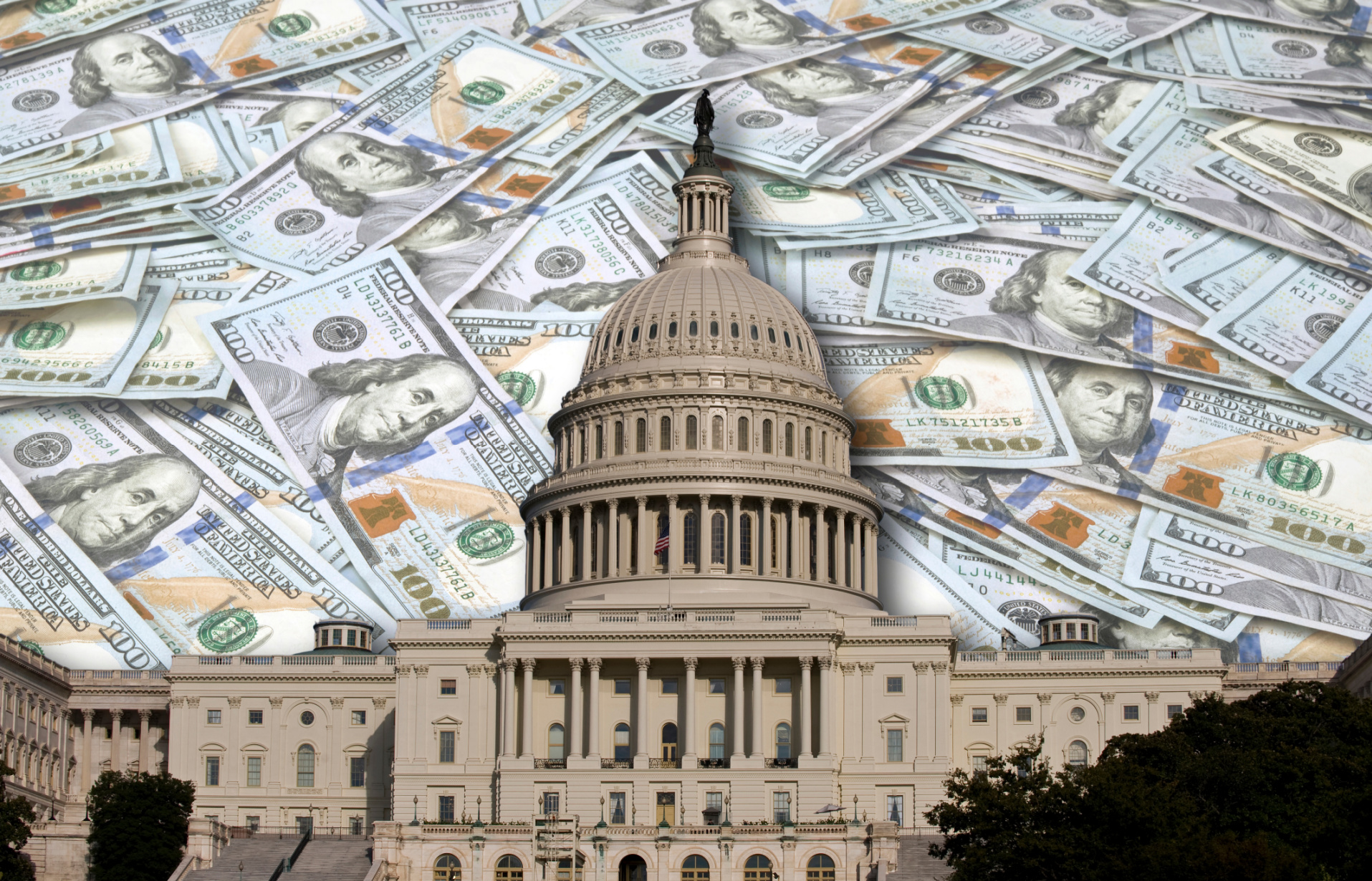Remember This: Government Shutdowns are a Blame Game with Predictable Results

Someone needs to send progressives the memo (copying their fellow travelers in the Unholy Trinity–academia, mainstream media, and world of entertainment), explaining the difference between posturing and having a winning political argument. We continue to witness the very public meltdown by progressives over the Senate Democrats’ failure to shut down the government. Minority Leader Chuck Schumer has come under fierce criticism for his role in allowing the legislation keeping the government open to come to a vote.
Senator Schumer, eight other Democrats, and one Independent joined him in voting to invoke cloture (ending debate and moving forward). This very strong Republican says they made a politically wise choice. Politics has long been defined as the art of the possible. You go to church to pursue the perfect.
When it comes to government shutdowns, politically, all that counts is who gets the blame for it happening in the first place. Keeping the shutdown going while telling voters to look alert and learn all the good reasons the shutdown continues until x, y, and z are done, is a proven loser.
Time and again, no policy-centered argument for shutting down the government has had public support. Those causing the shutdown thrill their base. The opposing side’s base is further emboldened. Normal people always take a shutdown as proof “these clowns cannot even keep the government open. Who did this?” Just another way of stating the obvious. Americans do not want to see the government shutdown. Full stop.
The history on this is crystal clear. It is always President 1-Congress 0. As an old man, I was there when Speaker Newt Gingrich tried to force Bill Clinton to agree to spending levels and adjustments in policy during the budget debate. The threat was if he did not go along, Congressional Republicans would shut down the government. President Clinton did not blink.
Indeed, the government was shut down. After a week or two, I was among those who gave the Speaker bad advice. Nothing consequential seemed to have changed because of the shutdown, so I advocated for sticking to our guns. Then, a pollster I respect showed us the numbers. We were in the toilet. After 21 days the Republican side essentially fully capitulated. Republicans were blamed for the shutdown, as well for making it go on. We Republicans took a significant hit in the polling.
In 2013, Speaker John Boehner faced a tough budget negotiation with both the White House and the Freedom Caucus Republicans in the House. If the Speaker agreed to give the President what he wanted, he would lose support from those House Republicans. If he yielded to the demands of the Freedom Caucus, President Obama would not agree to it. Speaker Boehner, a friend and a man I deeply respect, tried to find the sweet spot where the Freedom Caucus and the President could agree to accept a package that would keep the government open. We are still looking for that sweet spot. The government was briefly shut down. Republicans got the blame and went down in the polling. In short order, Republicans bended enough to get to a point acceptable to President Obama. Once more, President 1-Congress 0.
That brings us to the recent Senate vote on a procedural measure that would allow a vote to take place on the President’s proposals. The proposed continuing resolution (CR) to fund the government had already narrowly passed in the Republican House on a very partisan basis. The Senate is divided into 53 Republicans, and 47 Democrats (including two Independents who caucus with the Democrats). Before any discussion, one Republican (Paul) was a no vote, and two Democrats (Fetterman and Cortez-Masto) were yes votes. In other words, if the Senate was given the chance to vote on the Trump package, the Republicans would win.
In the Senate, it takes 60 votes (except on judicial appointees) to end discussion (invoke cloture) and force a vote on the measure itself. This extended debate has long been termed a filibuster. When the Democrats held the majority, they demanded the rules be changed to where a simple majority could end debate. They almost succeeded. Now, however, the filibuster was the only tool in their toolbox. Without blinking an eye, these same progressives now demanded Democrats use the threat of a filibuster to require the Republican majority to accommodate progressive demands before any vote was taken on the President’s proposal.
After having a false start where he urged Democrats to oppose invoking cloture, Schumer turned on a dime and announced he would vote in favor of cloture to force a vote on the proposed legislation. A handful of other Democrats joined him to make the vote 62-38 in favor of cloture. Presto, the President’s package was approved.
To listen to progressives, you would believe Senator Schumer sold out and let Republicans end democracy as we know it. He did not. Schumer decided to live and fight another day. The progressive base rants about “turning his back on what the Democratic Party needs to stand for,” but Chuck Schumer had the politics exactly right.
Those saying Democrats should have fought to the bitter end cannot accept the truth. How would you like to be the Senator refusing to allow a vote because of a Senate rule? All the time, the Republican majority has the votes to pass the President’s proposal, if given the opportunity. The number of Americans who even know there is such a thing as a filibuster is pretty small. Using a tactic (filibuster) that you previously vowed to end does not cut the cake with the public when the result is a shutdown. The public wants the government kept open. “You tell me that you are using some parliamentary trick you have opposed for years because the other side has the votes to pass the legislation to keep the government open? This is why the government is shut down? Go to hell.” This is how normal people think.
In earlier shutdowns, those arguing to stand tall in these situations have advanced the thought that “once the public learns why we are doing this, they will blame the other side for causing the shutdown.” News flash. No, they will not. First of all, the megaphone of Congress will always pale that of the President. Second, if a voter’s primary concern is having the government remain open, explaining why you continue to oppose doing what it takes to end the shutdown falls on deaf ears.
At the end of the day, Chuck Schumer stared political reality in the face. The cost of being “right” did not justify taking action that he knew in advance would damage the Democratic Party. Because, as always, the President could sit there forever. Every day the American voters blamed the Democrats for a government shutdown would be a good day for President Trump and Republicans.
With the approval rating for Congressional Democrats below 30 percent, on what planet does it make an iota of sense to have the voters blame you for causing the problem they want to be solved? Schumer understood all of this and “protected the brand.” He avoided the predictable political damage Democrats would have incurred had there been a shutdown. For those keeping score, it is all about the numbers. Same score as before. Count another one for the office of President.
Remember this: On the topic of government shutdowns, politics is all about who gets the blame. The score is always President 1-Congress 0. What do you think?
RECENT










BE THE FIRST TO KNOW

More Content By
Bill Greener











